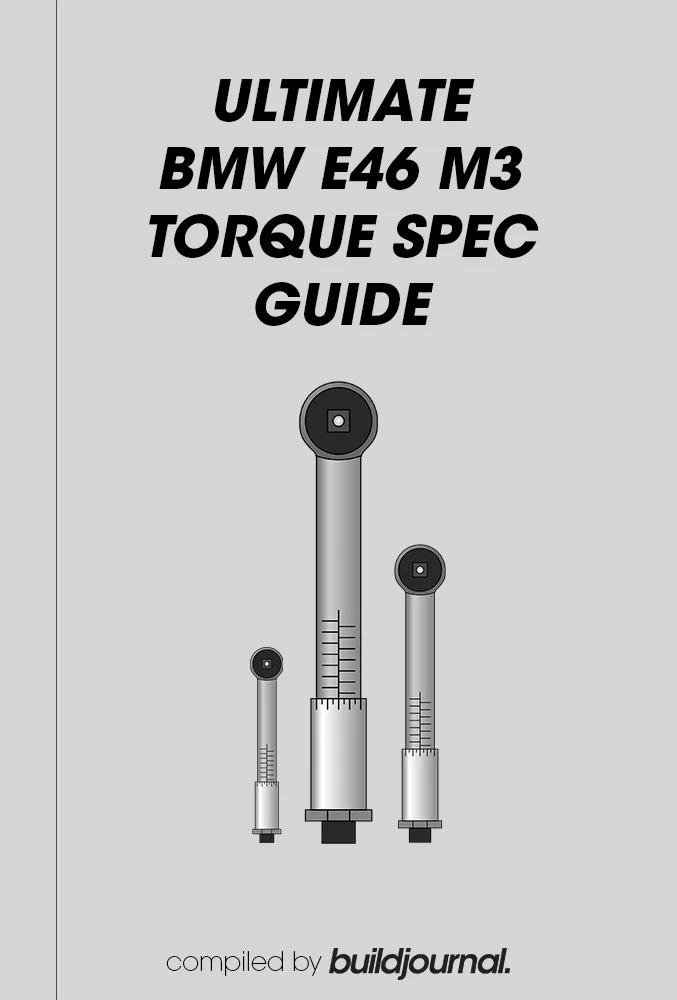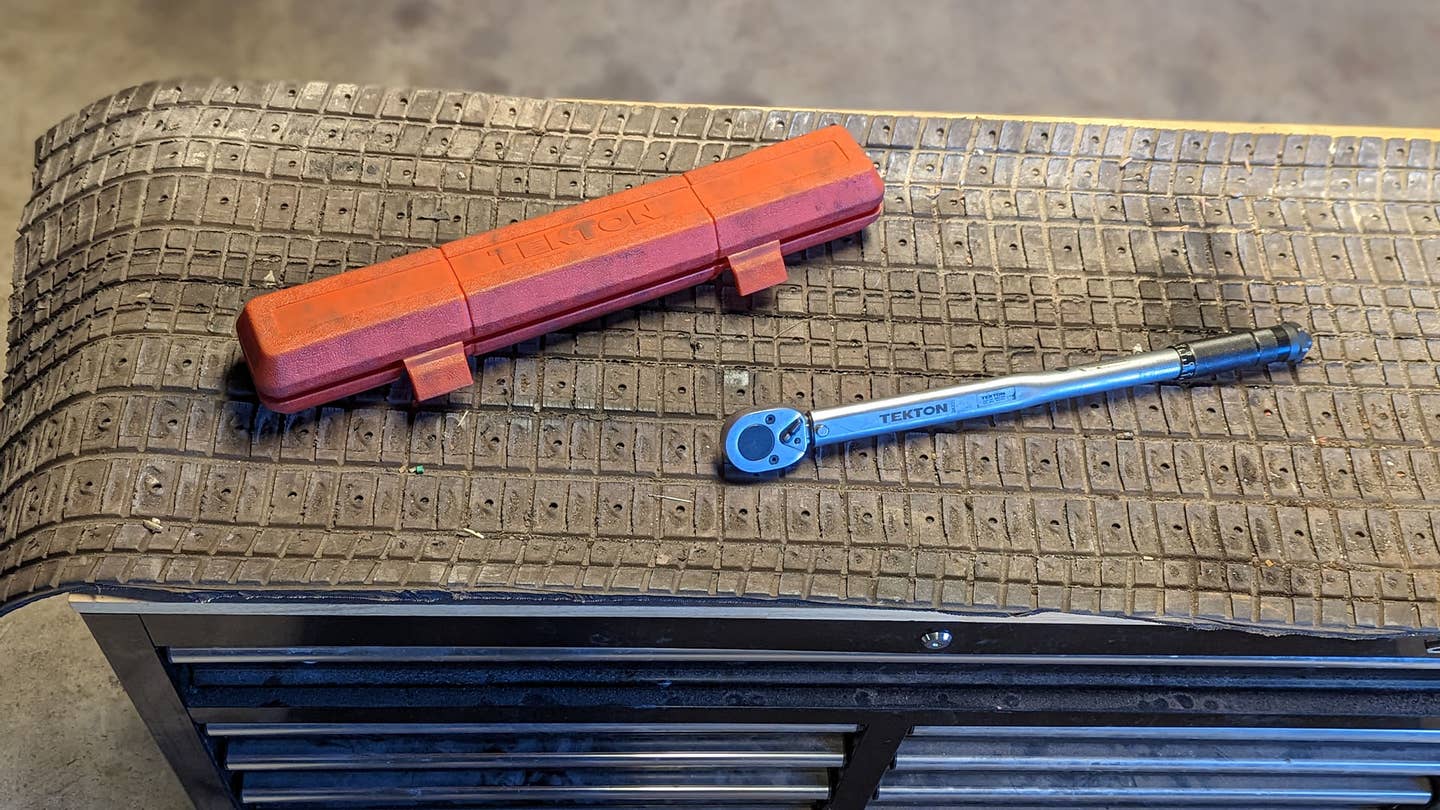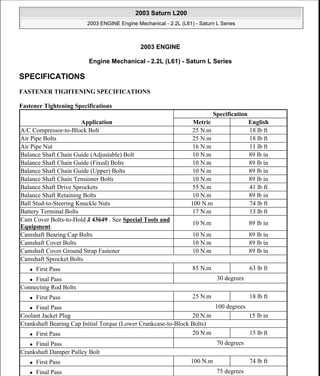When it comes to your vehicle’s air conditioning system, ensuring that all components are properly secured is essential. One critical aspect that every automotive technician and DIY enthusiast must pay close attention to is the torque specifications for the AC compressor lines. In this comprehensive guide, we will delve into the importance of torque specs, how to determine the correct values, and other relevant information pertaining to AC compressor line torque specs.
Understanding Torque Specs
Before delving into the specific torque values, it’s crucial to understand the significance of torque specs. Torque refers to the amount of rotational force required to tighten a fastener, ensuring a secure and leak-free connection. In the context of AC compressor lines, proper torque values are vital for maintaining the integrity of the system and preventing potential leaks.

Credit: thebuildjournal.com
Determining the Correct Torque Specifications
Due to the wide array of vehicle makes and models, the torque specifications for AC compressor lines can vary significantly. To determine the correct torque values for your specific vehicle, it’s essential to consult the manufacturer’s service manual or reach out to reputable automotive forums and communities. Additionally, some reliable online resources provide torque spec databases where users can find the relevant information for their vehicles.
Importance of Accurate Torque Values
Using the correct torque specifications is critical for maintaining the structural integrity of the AC compressor lines and preventing potential damage. Over-tightening can lead to stripped threads or cracked components, while under-tightening may result in leaks and compromised system efficiency. Adhering to the recommended torque values ensures that the connections are secure without causing any damage.
Seeking Professional Advice
For individuals who are uncertain about the appropriate torque specifications or lack the necessary expertise, seeking professional assistance is highly recommended. Consulting with a qualified automotive technician or visiting a reputable auto repair shop can provide peace of mind and ensure that the AC compressor lines are securely fastened according to manufacturer specifications.

Credit: www.thedrive.com
Findings from Automotive Communities
When looking for specific torque specs for AC compressor lines, various online automotive forums and communities can serve as valuable resources. Community members often share their experiences and insights, offering practical guidance to fellow enthusiasts and professionals regarding torque values for different vehicle models and AC systems.
Frequently Asked Questions On Ac Compressor Line Torque Specs : Ultimate Guide
How Tight Should Ac Fittings Be?
AC fittings should be tightened to recommended torque specs for secure connections and to prevent leaks.
What Should Be The Compressor Pressure For Ac?
The compressor pressure for an AC should be set according to manufacturer specifications. It is important to follow these specifications to ensure optimal performance and prevent damage to the system. Always refer to the AC unit’s manual or consult with a professional for accurate compressor pressure settings.
Can You Replace Ac Compressor Without Evacuating System?
Yes, you can replace an AC compressor without evacuating the system by pumping down the refrigerant out of the system or into storage containers first. Once the refrigerant is removed, you can safely cut the lines and replace the compressor.
Remember to check for leaks and properly vacuum and recharge the system after installing the new compressor.
What To Do After Installing A New Ac Compressor?
After installing a new AC compressor, ensure system is properly vacuumed and recharged to fix any cooling issues. Check for leaks and ensure proper recharging process is completed.
Conclusion
Understanding and adhering to the correct torque specifications for AC compressor lines is essential for maintaining the integrity and efficiency of your vehicle’s air conditioning system. By ensuring that the connections are securely fastened according to manufacturer recommendations, you can prevent potential leaks, system malfunctions, and costly repairs. When in doubt, always consult reliable resources or seek professional assistance to guarantee the proper installation and maintenance of your AC compressor lines.

